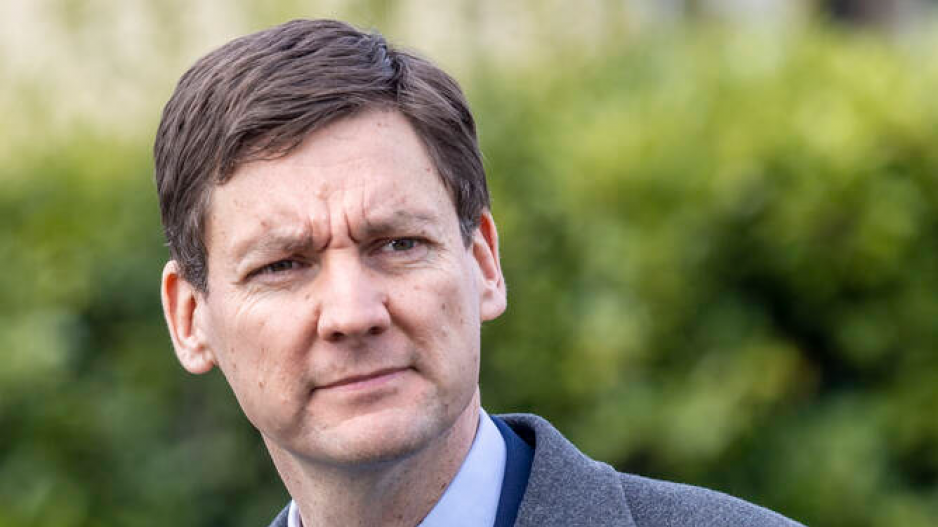The premiers of British Columbia and Newfoundland and Labrador have agreed to share information on developing the hydrogen energy sector in both provinces in a bid to become more efficient.
Newfoundland and Labrador Premier Andrew Furey says the coastal provinces will swap details on their experience building the sector, including governance structure and other processes aimed at creating green hydrogen, which he calls key to a net-zero economy.
B.C. Premier David Eby says the two provinces share common challenges around climate change but both have growing clean-energy sectors and complementary export markets.
Furey says his province is focused on exporting to Europe and the United States while Asia would be the obvious export market for British Columbia.
Eby says B.C. can learn about Newfoundland's process of using Crown land for projects, and his province can share its knowledge around fuel cells and other technology.
He says the federal government appreciates when provinces collaborate on best practices so there is co-ordination across the country and improvements can happen faster and more efficiently.
More than half of Canada’s hydrogen and fuel-cell companies are in B.C.
A joint statement says the agreement means the two provinces will share information and work with Ottawa to make sure new tools and investments "reduce risks associated with clean-growth initiatives and strengthen the global competitiveness of the clean-hydrogen sector."
“Newfoundland and Labrador is perfectly positioned at this time of transition, with world-class wind resources, available Crown land, fresh water and deep sea ports that are free of ice,” Furey said in the statement.
“Like our friends in British Columbia, we recognize the impacts of climate change and look forward to continuing our conversations on moving forward in green-energy development.”
This report by The Canadian Press was first published Nov. 7, 2023
The Canadian Press




